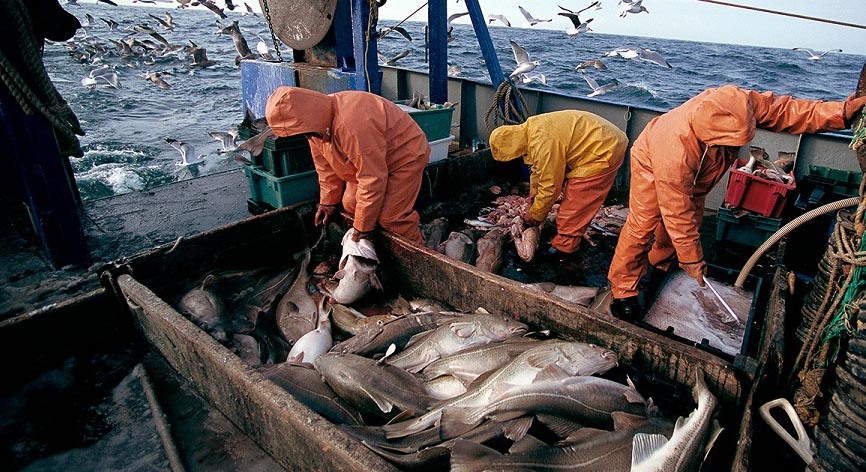Canada is the proud owner of the world’s longest coastline stretching over a whopping 243,000 km. These waters bring almost 21,000 international ships to the ports of Canada carrying goods and passengers alike. Given the level of importance that marine commerce poses in a country like Canada, they are the founders of the International Maritime Organization.
The IMO is an organization that governs and regulates the marine shipping sector of the entire world. As of 2009, Canada has registered a total of more than 324 major ports and harbours.
If you’re looking to find everything to know about the current status of the commercial marine industry of Canada, go no further. From time immemorial, the citizens of Canada have had a close relationship with the marine life – and many cities like St. John in New Brunswick had flourished with a good sea trade.
From schooners to icebreakers, Canadians are familiar with one end of the spectrum to the other. The industry includes a large number of shipyards, specialized equipment manufacturers and ports of the Canadian shores.
Shipping And Economy
The blooming of marine commerce has greatly helped along in boosting the economy of Canada. The Chamber of Marine Commerce or (CMC) is the bi-national representative under whom the entire marine commerce industry of the Great Lakes St. Lawrence territory comes. Prominent international and domestic shipbuilders, marine vessel operators, the ports of Canada and United States, logistic companies, terminals and elevators all come under the CMC. They are, in essence, an all-encompassing umbrella for all marine related companies.
What’s The Big Deal With Marine Transport?
Let’s take a quick look at why marine commerce ergo marine transport is so important for the growth of an economy.
- Cost effective: The shipping industry is one of the most effective ways to transport goods over long distances. The cost of transport is very low. Especially when compared to the other methods available for long-distance transport of commodities.
- Safety and volume: There are resilient shipping vessels. They are customized to hold the largest possible amount of cargo. Shipping is also the safest way to ship gas, liquids, and other sensitive substances. Of course, these containers will have to adhere to a set of safety requirements as well.
- Reduction in loss: Losses incurred at sea are much lower than in other scenarios. In the last decade alone, statistics indicate that incidents at sea, resulting in the loss of cargo have dropped drastically.
- Sustainable: Today, all of us strive to protect the environment so that there will be something left for future generations to enjoy. The field of marine commerce only contributes to 12% of the pollution created by human economic activities. Thus, it is also in sync with the needs of the environment.
